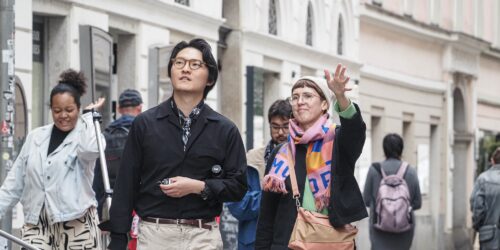
Projects
2024
-
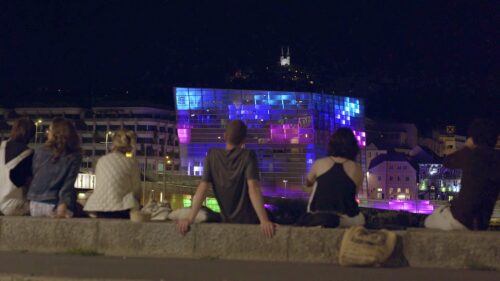
Public Pixels
Northeastern University 2024
July 2024 marked the fourth time the Ars Electronica Futurelab welcomed an interdisciplinary group of students from Northeastern University in Boston. Over a tightly packed three-day period, the students were once again tasked with creating media art projects for the Ars Electronica Center’s programmable media facade – showcasing how collaboration can transform a public space…
-
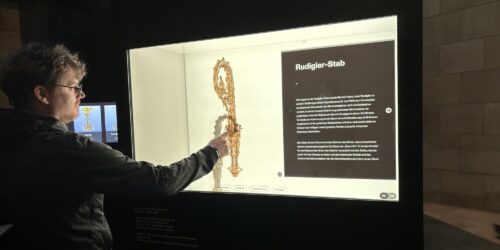
Mariendom digital
Zooming In on Cultural Heritage
The New Cathedral (Mariendom) in Linz celebrated its centenary in 2024 with a large-scale digitization project and a new visitor center including a multimedia exhibition. Here, digitally enhanced showcases for sacred objects and gigapixel images of the cathedral windows await visitors, who can even populate the cathedral digitally with their portraits.
-
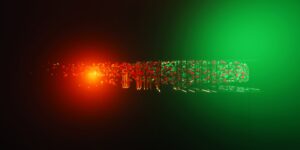
Data Art & Science Project
Art Creates Meaning from Data
How can art create meaning from data? The Ars Electronica Futurelab, in collaboration with Toyota Coniq in Japan, is envisioning “Data Art & Science,” a new interdisciplinary field that incorporates artistic perspectives on future transformations based on data science.
-
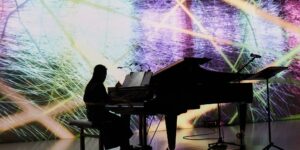
Life Ink
Human Creativity as Immersive 3D Ink
Can the human mind and body become a pen that generates ink to express our creativity? Life Ink explores the inner mechanism of creativity by visualizing brainwaves and body signals as immersive three-dimensional ink – lending color to our thoughts, feelings, and creative sparks.
-
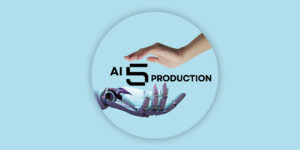
AI5production
Digital Transformation in Manufacturing
Ars Electronica Futurelab, Ars Electronica Festival and the Ars Electronica Center’s Future Thinking School are part of a large-scale pilot project involving more than a dozen Austrian research institutions: AI5production supports manufacturing companies in Austria in matters of digital transformation.
-
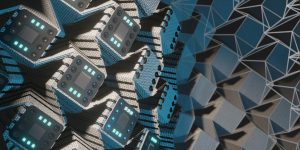
ORI*BOTICS
The Art and Science of Robotic Origami
ORI*BOTICS, the art and science of robotic origami, is a follow-on research project that continues the investigation of origami, technology and nature. It extends on our novel methods for designing and making strong, flexible and highly irregular origami from textiles and 3D printing, namely Fold Printing and Fold Mapping.
-
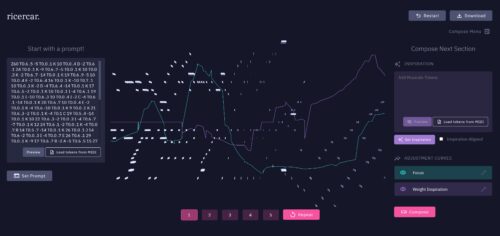
Ricercar
Interactive AI-Based Composition System
What does it mean to compose together with a machine? What forms of musical authorship emerge when generative systems no longer function merely as tools but actively engage in artistic processes? Ricercar is a research software that operates precisely at this intersection between human artistic intuition and machine autonomy – not to resolve this tension,…
